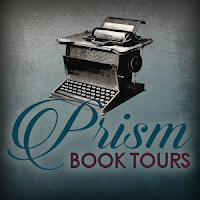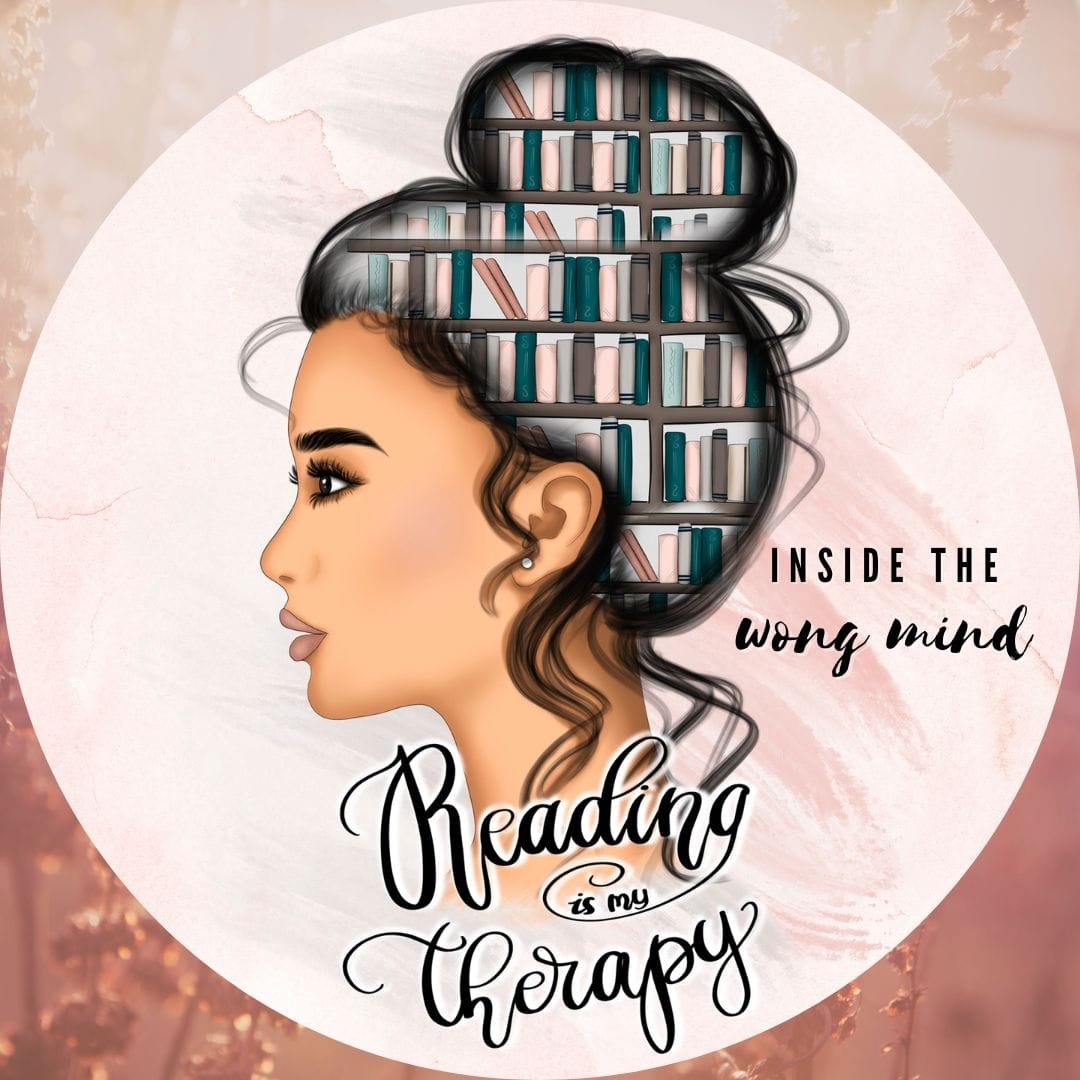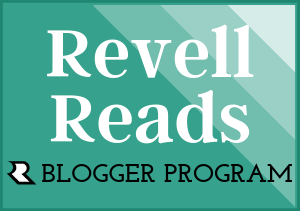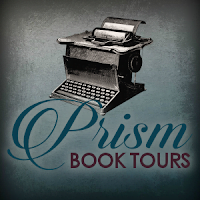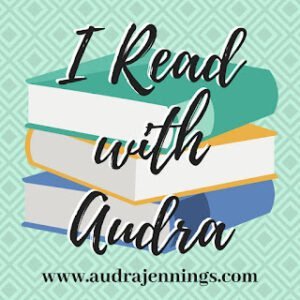More from Kristen
An interview with Kristen Young
Q: How long have you been writing?
I was the kid who used to create little booklets and puzzle magazines for the family. So writing is something that I’ve been doing for a long time. It wasn’t quite publication-worthy back then, but it was fun. I had to practice a little more before people outside my family wanted to see it.
Q: Where do you write?
Anywhere I have access to a laptop or a pen. I have a desk at home where most of the writing happens, but I usually carry a notebook in my bag in case inspiration hits when I’m out. People think I’m a little eccentric when I’m madly scribbling in the middle of the supermarket. But I have to get that scene idea down before I forget!
Q: What is your writing Kryptonite?
Distractions. For me, writing preparation is a little like building a house of cards — that process of getting my thoughts in order and working out the story direction. Distractions are like the gust of wind that knocks the whole construction over. I usually wear noise-cancelling headphones to try and keep me focused on the process.
Q: Where’s your favourite story setting?
I’m still looking for that wardrobe with a door to Narnia.
Q: What’s the first book that made you cry?
I’m not sure if I can share that without giving spoilers! But I’d have to say Charlotte’s Web. When I read that as a child, it had me wrecked for ages.
Q: Have you read anything that totally changed your idea of the way fiction could be written?
There are a couple of books that totally changed my view of fiction. The first was Margaret Atwood’s novel The Blind Assassin. I was totally captivated by the way she mixed newspaper articles and other media with the narrative sections. It was mind-blowing at the time.
Jasper Fforde’s series that started with The Eyre Affair was also pretty amazing. It took a whole pile of literary references and completely messed with them. It was enormous fun.
Q: So why set something in a world called the “Love Collective”?
I like words, and I’m fascinated by the way people often play with them, or even weaponise them. I kind of wanted to explore this word ‘love’ and what it means. In English, we have this one word to refer to so many different kinds of concepts. I wanted to write an exciting story, so it seemed right to have this concept as a backdrop behind the action, where you’re asking, “What does this mean?”
Q: Your main character never forgets anything. Is she like you?
No way. I think Flick’s memory is a bit of wish fulfilment from me. It was so hard writing her, because I forget so many details! In some ways forgetting is protective. But in other ways I’d love to have her memory.
Q: What can we expect in the rest of the Collective Underground Trilogy?
I can’t tell you the whole story, that would ruin the fun. But in the first book, Flick’s world has started really small, and she’s going to broaden her horizons. She’ll get to explore more of this Love Collective. There also might be some more danger, too. Or more love. We’ll see…






